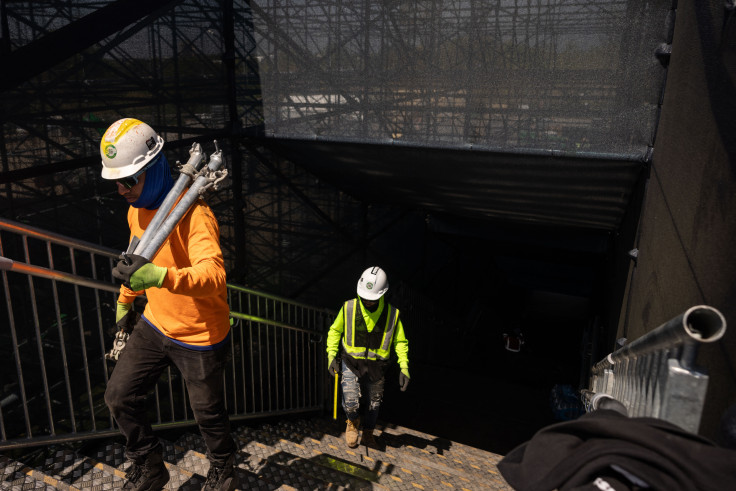
Just days into his appointment as the next Trump administration's "border czar", Thomas Homan went on "Fox & Friends" to announce he plans on increasing workplace immigration raids as part of a broad immigration crackdown. "Where do we find most victims of sex trafficking and forced labor trafficking? At worksites," Homan said.
Homan's words have begun to spread fear among companies with immigrant workforces as industries like construction and agriculture have become reliant on the demographic and could face significant disruptions if specific measures like raids and broader ones like mass deportations are effectively executed, as Bloomberg reports.
The report by Bloomberg pays special attention to Texas, which has invested heavily during the last few years on Operation Lone Star, a program which, according to the state's website, is meant to "detect and repel illegal crossings, arrest human smugglers and cartel gang members, and stop the flow of deadly drugs like fentanyl into our nation."
Nearly 25% of construction workers in the Lone Star State, for example, are undocumented, according to the American Immigration Council. "The presence of undocumented workers is broadly acknowledged by the industry, but it's hard for employers to ascertain their workers' status", Bloomberg explains. "Other construction companies use subcontractors to insulate themselves from accountability, industry experts say."
The state's agriculture sector also relies heavily on undocumented labor. Although the U.S. offers seasonal visas for agricultural workers, these programs are costly and challenging for small farms to access so immigration advocates fear that mass deportations could discourage both undocumented and legal seasonal workers from entering the U.S., potentially driving up food prices and reducing availability of certain produce.
Businesses are exploring ways to mitigate potential impacts. Advocacy organizations, such as the aforementioned American Immigration Council, encourage eligible workers to apply for citizenship or renew visas to avoid being targeted by enforcement efforts. Behind the scenes, business leaders are also lobbying lawmakers to consider the economic consequences of stricter immigration policies.
© 2025 Latin Times. All rights reserved. Do not reproduce without permission.





